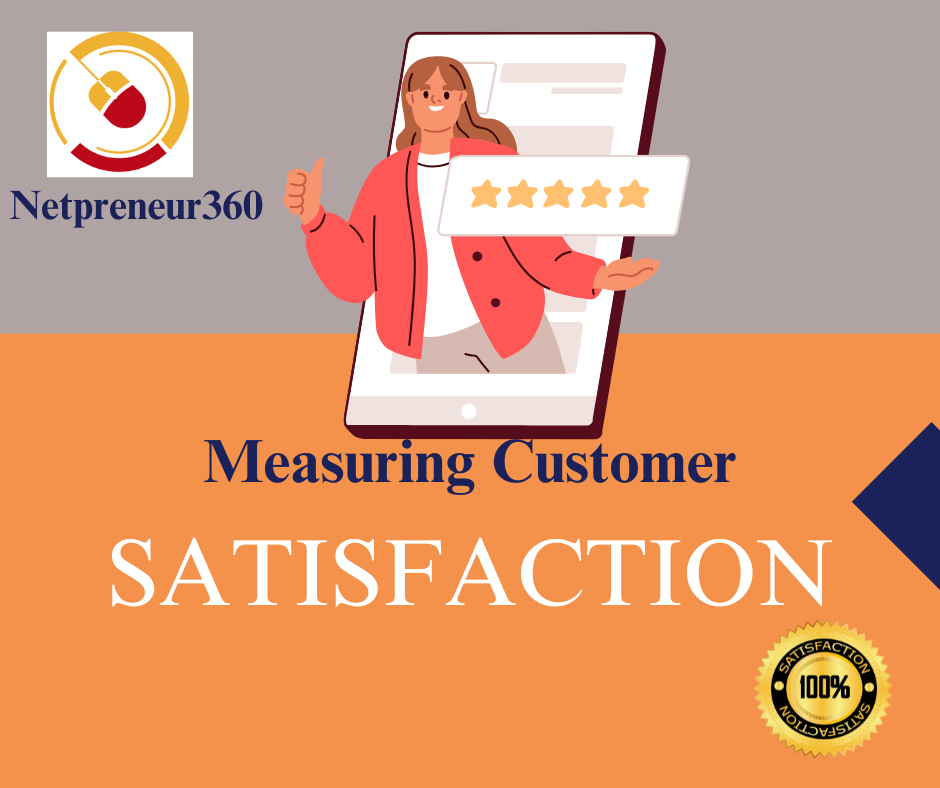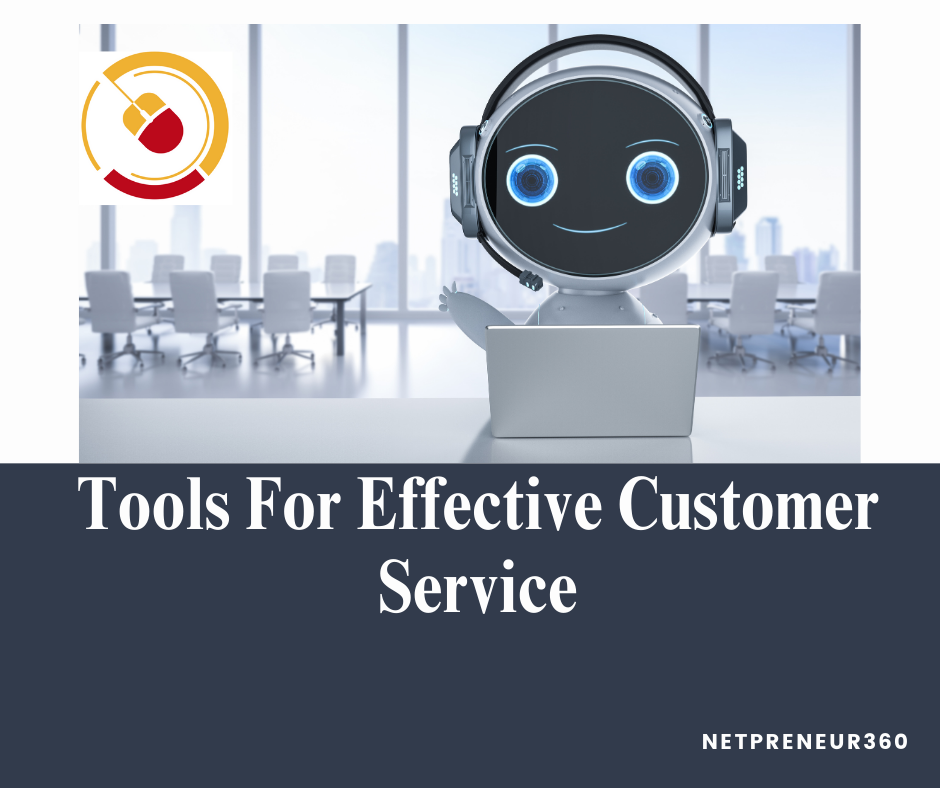Introduction
Analytics plays a crucial role in refining your content and marketing strategies. By leveraging data and insights, you can make informed decisions, optimize your strategies, and drive better results. This post explores how to use analytics effectively to refine your strategies and achieve your digital money-making goals.
The Role of Analytics in Strategy Refinement
- Data-Driven Decision Making
- Informed Choices: Analytics provides valuable data and insights that help you make informed decisions. By analyzing key metrics and performance indicators, you can identify trends, strengths, and areas for improvement.
- Strategic Adjustments: Use data to adjust your strategies based on performance and audience behavior. This allows you to optimize your approach and achieve better results.
- Performance Monitoring
- Key Metrics: Track key metrics such as website traffic, conversion rates, and engagement levels to assess the effectiveness of your strategies. Monitoring performance helps you understand what’s working and what needs adjustment.
- Trend Analysis: Analyze trends and patterns in your data to identify opportunities and challenges. This helps you stay ahead of changes and adapt your strategies accordingly.
Strategies for Using Analytics Effectively
- Set Clear Objectives
- Define Goals: Establish clear objectives for your content and marketing strategies. This could include increasing traffic, improving engagement, or boosting conversions. Clearly defined goals provide a framework for measuring success and refining your strategies.
- Align Metrics: Align your analytics metrics with your objectives to ensure that you’re tracking relevant data. This helps you focus on the metrics that matter most and make data-driven decisions.
- Leverage Google Analytics
- Traffic Analysis: Use Google Analytics to track website traffic, including page views, sources, and user behavior. Analyze this data to understand how visitors interact with your site and identify areas for improvement.
- Conversion Tracking: Set up conversion tracking in Google Analytics to measure the effectiveness of your calls-to-action and landing pages. Monitor conversion rates and adjust your strategies to optimize performance.
- Utilize Social Media Analytics
- Engagement Insights: Analyze social media analytics to understand how your content is performing across different platforms. Track metrics such as likes, shares, comments, and click-through rates to gauge engagement levels.
- Audience Demographics: Use social media analytics to gain insights into your audience’s demographics and interests. This helps you tailor your content and strategies to better resonate with your target audience.
- Monitor Email Marketing Metrics
- Open and Click Rates: Track email marketing metrics such as open rates and click-through rates to assess the effectiveness of your email campaigns. Use this data to refine your email content, subject lines, and calls-to-action.
- Subscriber Engagement: Analyze subscriber behavior and engagement levels to identify trends and preferences. This helps you segment your email list and deliver personalized content that drives better results.
- Conduct A/B Testing
- Test Variations: Use A/B testing to compare different versions of your content, landing pages, or email campaigns. Analyze the results to determine which variations perform best and optimize your strategies accordingly.
- Continuous Improvement: Regularly conduct A/B tests to continuously refine your strategies and improve performance. Testing helps you make data-driven decisions and achieve better results over time.
Case Study: Data-Driven Strategy Refinement
- Background: An e-commerce company used analytics to refine its marketing strategies and improve performance.
- Strategy: They set clear objectives, utilized Google Analytics for traffic and conversion tracking, and analyzed social media and email marketing metrics. They also conducted A/B testing to optimize their content and campaigns.
- Results: The company saw a 25% increase in website traffic, a 20% boost in conversion rates, and a 15% improvement in email engagement. The data-driven approach led to more effective strategies and better overall performance.
Conclusion
Using analytics to refine your strategies is essential for achieving digital success. By setting clear objectives, leveraging various analytics tools, and conducting A/B testing, you can make informed decisions, optimize your strategies, and drive better results. Embrace analytics as a key component of your strategy refinement process to achieve your digital money-making goals.
















